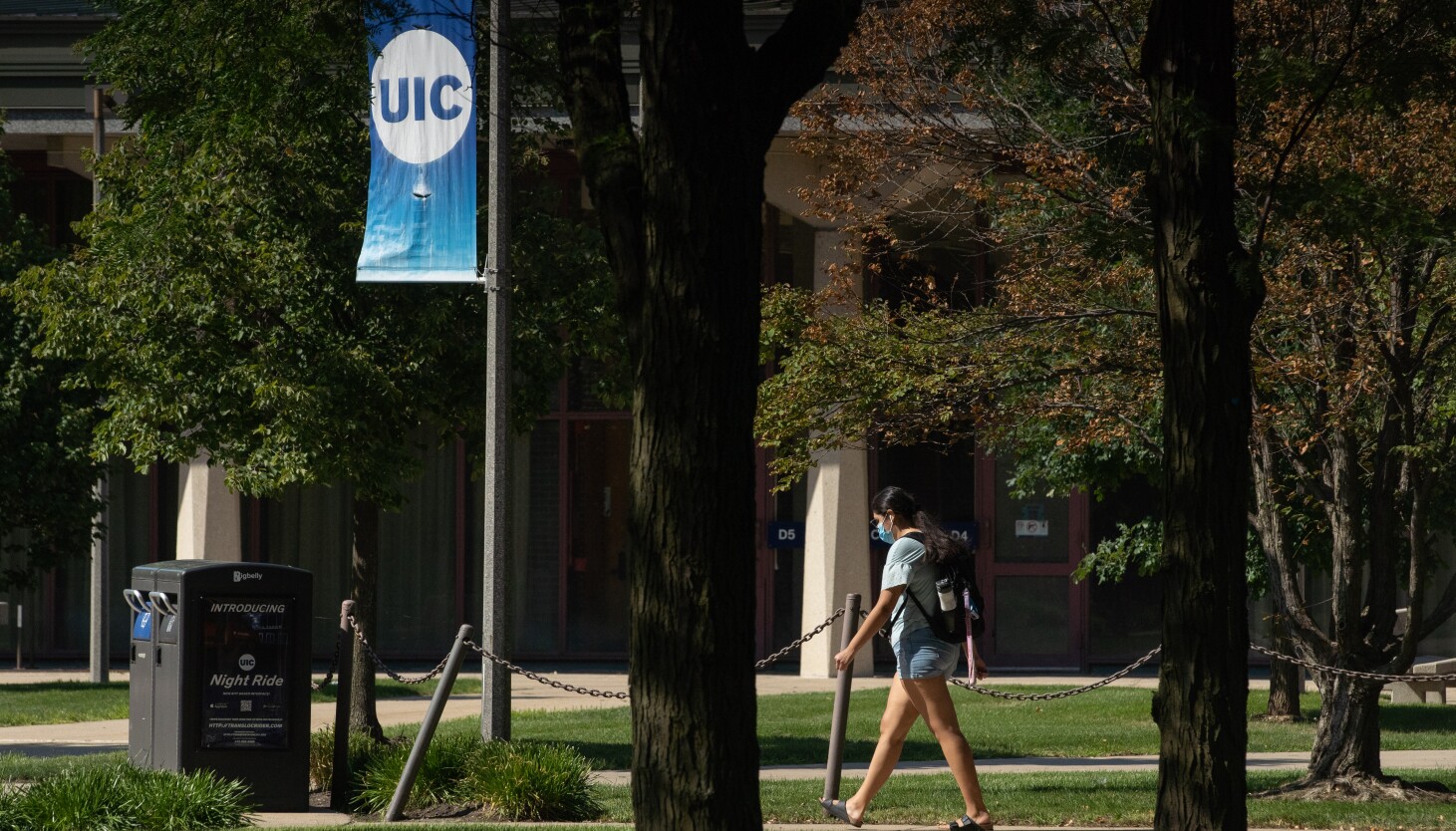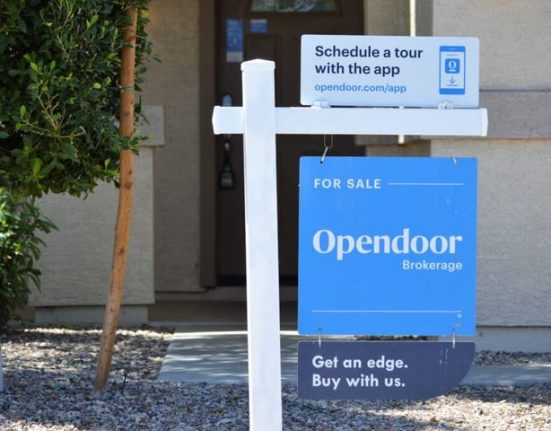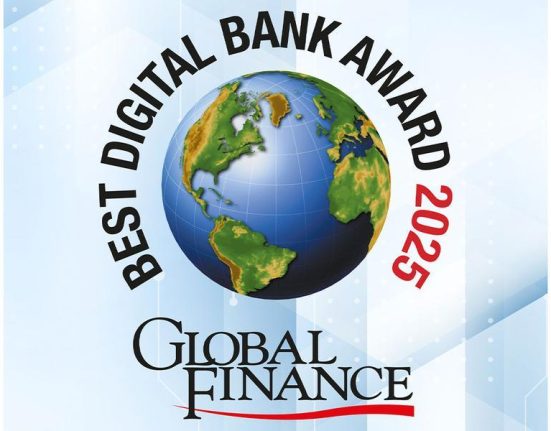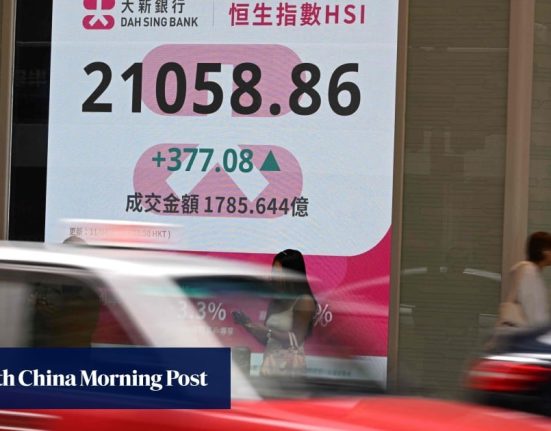Jose Aguilar’s lifelong dream of getting a degree almost fell by the wayside his sophomore year at the University of Illinois Chicago, when he lost access to federal student loans and grants. His father had not filed his taxes, which messed up Aguilar’s financial aid eligibility.
“I’ve always wanted to go to college, because it’s the one place where you can really express yourself and you can really learn a lot about what’s going on in the world,” Aguilar said.
Aguilar paid for one semester by exhausting his savings from his jobs at FedEx and Chipotle, then took a semester off. At that point he would have dropped out, he said, if not for the nonprofit Better Future Forward. Advisers there offered him a kind of student loan he didn’t know existed.
Instead of a traditional private loan, which can typically comes with a high interest rate, he would pay a set percentage of his income after graduation. Better Future Forward charges between .25% and 9.5%. Aguilar would not have to start paying until he was earning at least $48,000 a year.
This type of student loan, called an income share agreement, could become more appealing in the next few years as President Donald Trump and conservative lawmakers claw back access to federal student loans and grants — forcing families to turn to alternative and less regulated ways to pay for college.
But income share agreements come with their own issues. Federal law requires telling student borrowers upfront how much they will end up paying back, but in these loans that amount is variable, depending on how much they make during the term of the loan. If they get a high-salary job, they could pay many times more than what they borrowed.
For students right at the minimum income threshold, this type of debt can jeopardize their ability to cover rent and other basic needs, especially if they are supporting a family.
Most concerning, income share agreements are frequently used by predatory, for-profit companies that promise but rarely deliver the opportunity to move up economically, especially to students struggling to make ends meet.
Illinois lawmakers approved a bill in May establishing a long list of regulations specific to income share agreements, including limits on the number of payments and percentage of income. Students can’t be made to pay if they’re earning below $47,000 a year.
Aguilar said he was skeptical at first but was ultimately persuaded by the chance to avoid payments when he is not earning enough.
“I know that if I lose my job … they’re not gonna charge me anything, and I’m gonna be able to at least sustain my own well-being, being able to put food on the table, being able to pay for gas,” said Aguilar, who helps his mother with household bills.
“Your payments are calculated as a percentage of your income because we’re trying to ensure that they are affordable,” said Kevin James, CEO of Better Future Forward. “You finish the obligation when you’ve either made 10 years of actual payments when earning above that amount … or if you have persistently low income, the obligation just ends after 20 years.”
But not all income share agreements have terms that are as generous or protective as those offered by Better Future Forward. Some for-profit companies charge students as much as 20% or 25% of their income, and start requiring payments once they earn $30,000 a year.
In 2021, the national Student Borrower Protection Center filed a lawsuit on behalf of 47 students against Vemo Education, a for-profit lender accused of lying about the long-term costs of their income share agreements. Some of the students had paid more than $250,000 for a two-year training program.
Even Better Future Forward has run afoul of federal regulators. In 2021, the Consumer Financial Protection Bureau found the organization had deceived students by claiming income share agreements are not loans, and it had violated loan disclosure requirements and imposed unfair repayment penalties. Better Future Forward entered into a consent decree to reform its practices.
“The majority of [income share agreements] have been aligned with pretty shady for-profit, tech bootcamp programs,” that offer quick training programs, said Winston Berkman-Breen, legal director at Student Borrower Protection Center. “So if you want to even take the position that [income share agreements] are tools and are not good or bad, they have mostly been used for bad.”
False promises, heavy pressure
That was Prynston Whittington’s experience. The Chicagoan was desperate for work when they saw an ad for a 12-week training program in user experience design, which seeks to improve how digital products respond to customers. Representatives from the training company promised Whittington would land a job making $80,000 or more if they took part.
But Whittington would either have to pay $13,000 upfront for tuition or sign an income share agreement committing 10% of their gross income for four years — and they were pressured into making a quick decision.
“It was just like, ‘Yeah, if you don’t pay upfront or do this income share agreement, you can’t start’ … And I was just like, ‘I can’t wait because I don’t have a job and I need some income,’” Whittington said. “I should have hesitated a little more.”
Years after finishing, Whittington is still cobbling together contract work with long stretches of unemployment. But as long as they’re earning at least $40,000 a year, they have to send 10% percent of their gross income each month to their lender. In the end, Whittington might pay 60% more than the program actually cost.
Now Whittington sums up income share agreements this way: “Let’s find more ways to put you in debt so we can get more money from your debt.”
Whittington urges students to take another path.
“Ask the questions you’re afraid to ask,” said Whittington, who is considering a free tuition program for low-income students at UIC. “There are options out there. You just gotta look a little.”
Lisa Kurian Philip covers higher education for WBEZ, in partnership with Open Campus. Follow her on Twitter @LAPhilip.









